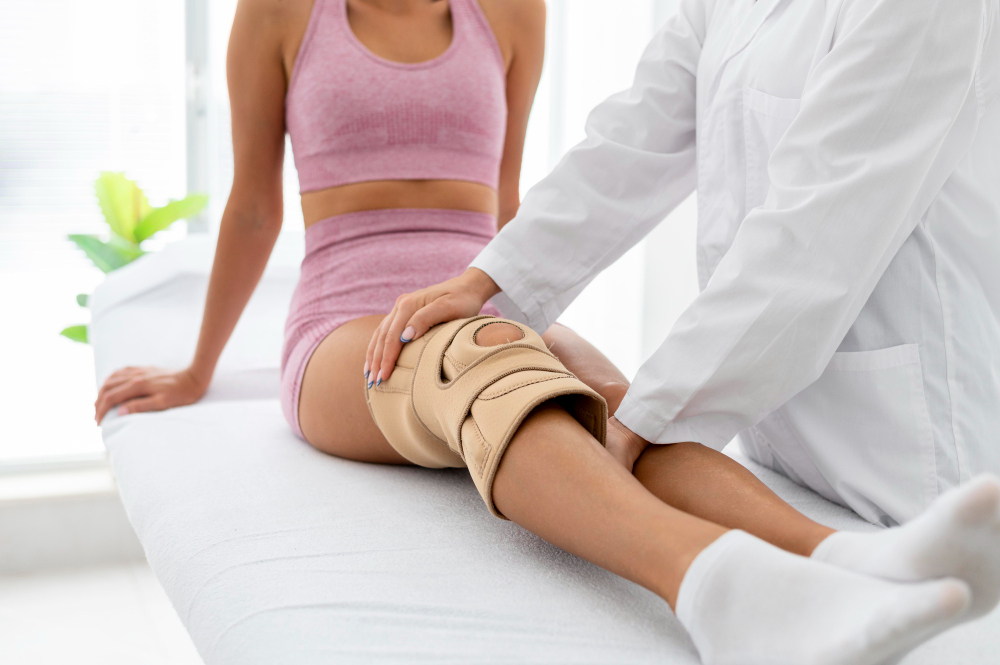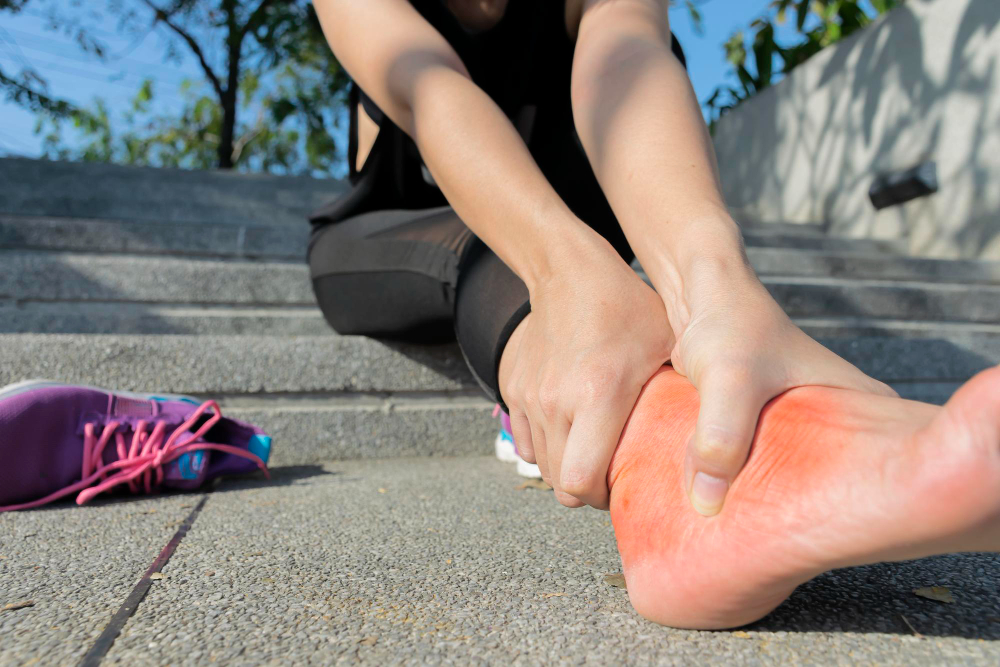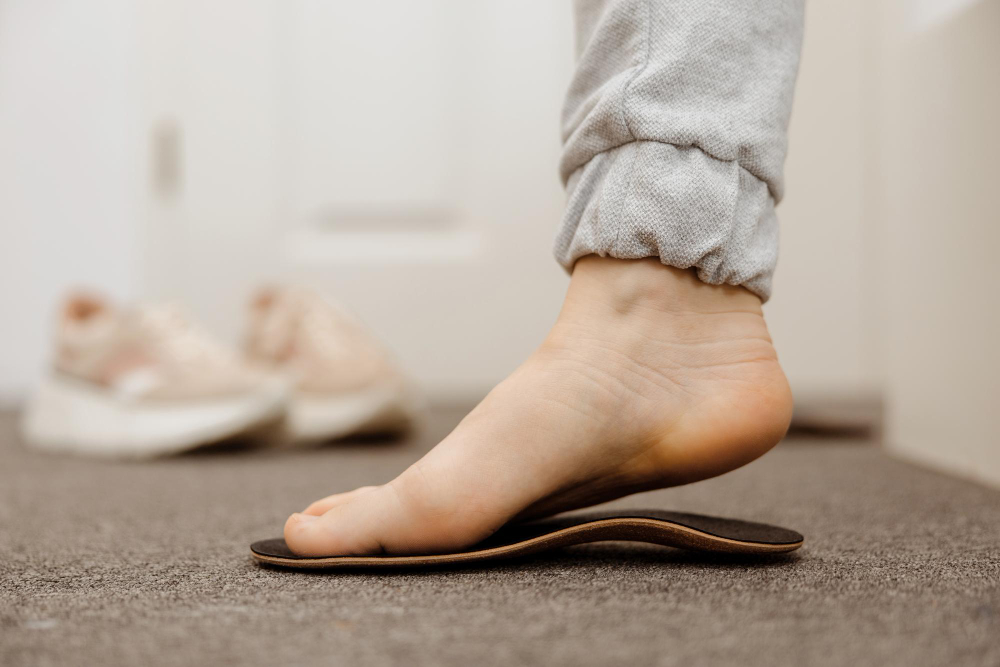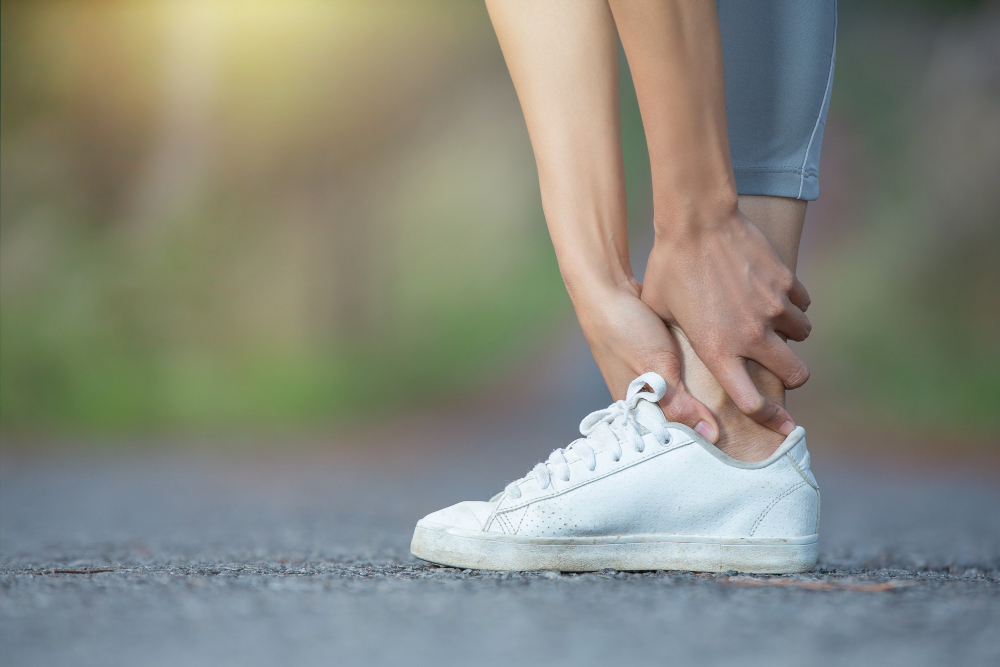Blog Page
| Name |
|---|
The Common Questions About Total Knee Replacement Surgery AnsweredTotal knee replacement surgery, also known as knee arthroplasty, is a procedure that can offer relief from chronic knee pain and improved mobility for those suffering from severe knee arthritis or injury. As you consider this life-changing surgery, it’s natural to have questions. In this informative post, we'll address the most common inquiries people have about knee replacement surgery. And if you're seeking a trustworthy orthopedic ... |
Life After Hip Replacement: Navigating a New World of ActivitiesHip replacement surgery can be life-altering, offering individuals a new lease on mobility and significantly improving the quality of life for those who suffered from chronic hip pain. Yet, diving back into a busy life isn't immediate—it’s a gradual journey to recovery that requires patience, care, and the right guidance from medical professionals. For those ready to embrace post-surgical life, understanding what activities are safe and ben... |
Diagnosing Carpal Tunnel Syndrome: Identifying the Warning SignsCarpal Tunnel Syndrome (CTS) is a condition that affects countless individuals, particularly those involved in repetitive hand and wrist movements. It's a concern that could potentially impact your daily activities and overall quality of life. Understanding the early signs of CTS and seeking prompt medical attention, especially from a qualified orthopedic surgeon in Deltona, FL, is crucial to getting ahead of this debilitating condition. ... |
Navigating the Journey of Revision Shoulder Replacement SurgeryWhen shoulder replacement surgery doesn't go as planned or complications arise over time, revision surgery becomes a topic of discussion. Whether due to wear and tear on the artificial joint, infection, or improper healing, there’s hope in the form of revision shoulder replacement surgery. In this blog post, we will discuss what this procedure involves and how to find expert care, specifically if you're seeking an orthopedic surgeon in Altamo... |
What Not To Do With Shoulder Arthritis?Shoulder arthritis is a prevalent condition that affects millions of people worldwide. It can cause chronic pain, stiffness, and loss of mobility in the shoulder joint, leading to difficulty in performing routine daily tasks. Many people make the mistake of ignoring the early symptoms of arthritis and continue with their daily routines without making any changes. However, this can further damage your shoulder joint and lead to more severe problems. In this blog post, we will discuss w... |
How to Detect a Rotator Cuff TearShoulder pain is one of the most common reasons for patients visiting the doctor. A rotator cuff tear is one of the most prevalent injuries that cause discomfort and weakness in your shoulders, affecting your ability to carry out daily activities. Ignoring your symptoms and delaying treatment can cause additional complications, so it is critical to recognize the signs of a rotator cuff tear. In this article, we provide an overview of the telltale signs of a rotator cuff tear,... |
Understanding Different Conditions That Cause Back PainBack pain can be caused by several reasons, and it is essential to understand how the different factors can contribute to this condition. While everyone experiences back pain at some point in their lives, persistent or severe pain may indicate an underlying condition that needs to be treated. It is crucial to identify the root cause of your pain to manage it effectively. In this blog, we'll explore different conditions that can cause back pain and explain how to seek help... |
What Are the Risks with an Ankle Replacement?Ankle replacement surgery is an effective solution for people whose ankle has been severely damaged by arthritis, injury, or other conditions. However, as with any surgical procedure, there are risks involved that you should be aware of. In this blog post, we'll discuss the potential risks of ankle replacement surgery, how they can be minimized, and what you can do to ensure a smooth recovery. 1. Infection Infection is a risk associated with any type of surge... |
Signs Your Foot Orthotics Don’t Fit RightFoot orthotics are specially designed shoe inserts that help with foot pain and discomfort. They’re meant to provide stability and support to the feet, but if they don’t fit right, they can cause more harm than good. If you’ve recently started wearing foot orthotics and are experiencing discomfort, you might be wondering if they’re the right fit for you. In this blog post, we’ll discuss the signs that indicate your foot orthotics don’t fit ... |
Signs of a Cracked Heel BoneOur feet are the foundation of our bodies, carrying us wherever we need to go. But what happens when our feet start to hurt? One possible culprit is a cracked heel bone. This condition can be incredibly painful and make it difficult to walk, but it is often misdiagnosed or overlooked until it becomes severe. So, what should you look out for if you suspect you have a cracked heel bone? In this article, we will explore the signs and symptoms of a cracked heel bo... |









